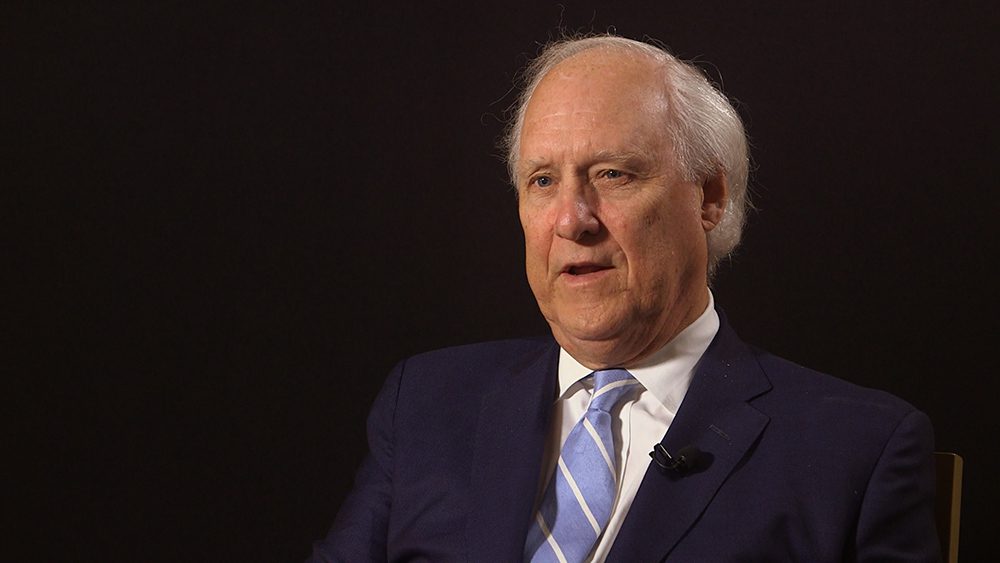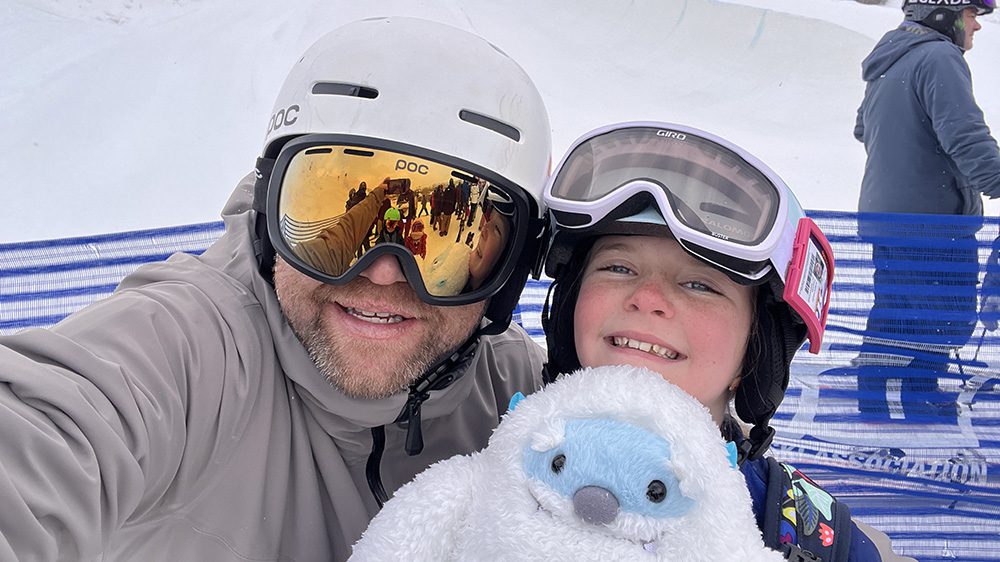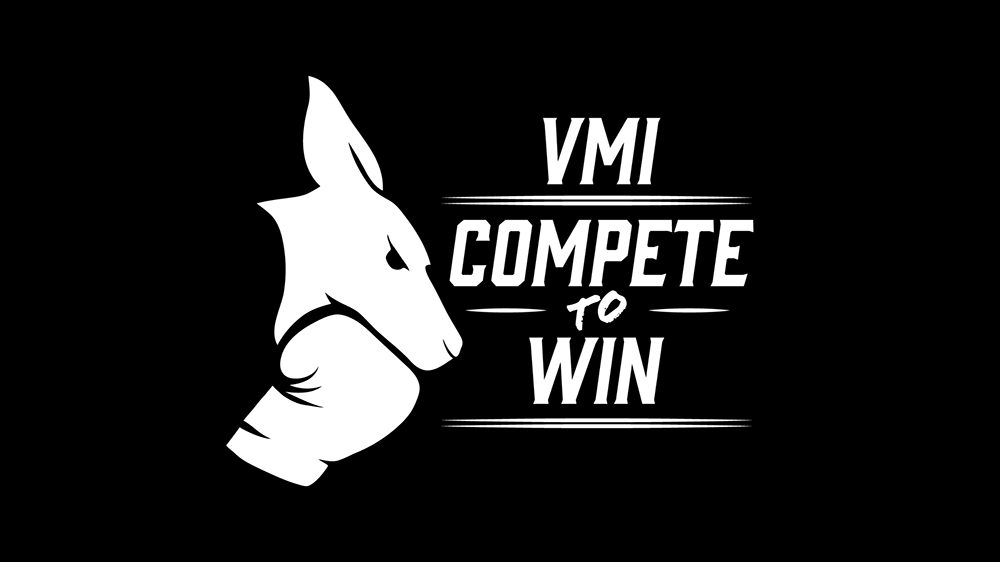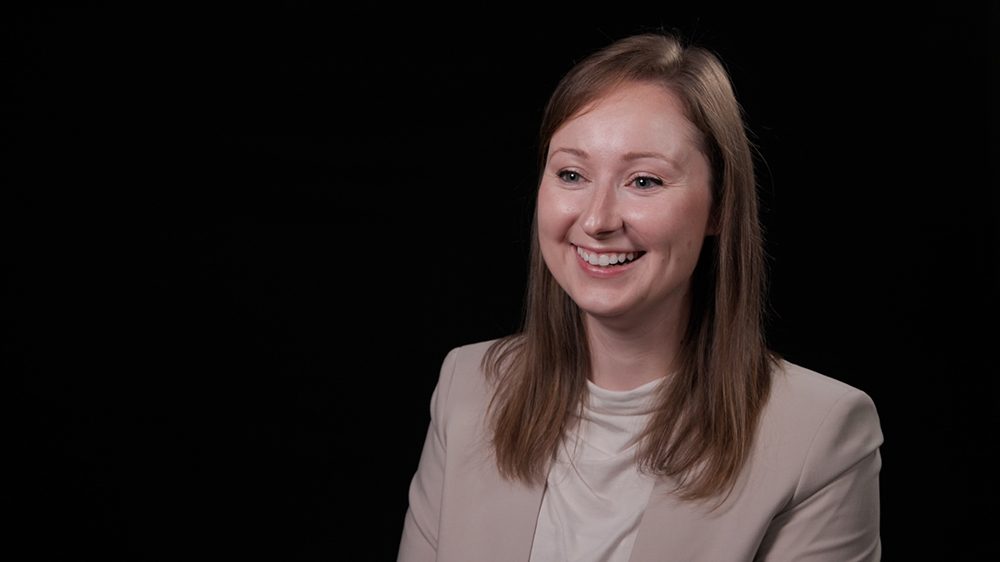At times, things experienced while young can foreshadow the future. Such is the case for Thomas M. Boyd ’68. An early indication of the success he has enjoyed in his legal career might be found in an incident that happened during his 1st Class year at VMI. Leading his platoon in one of the last parades before final exams, he saluted as normal when passing the reviewing stand. When Boyd went to bring his saber back up to his shoulder, its point became caught in the ground. Boyd had to reach back and pull it out, and when he did so, his shako fell from his head. Happily, his reflexes were good, and he retrieved his sword with his right hand and caught the shako with his left hand and placed it back on his head. Disaster averted, he thought.
Not long afterward, however, he received a special report. The charge was that he had let his shako hit the ground, an offense that would draw him a week of confinement and five penalty tours. “It was right before finals week,” Boyd recalls, “and it was now possible that I’d be on confinement for it.”
After Boyd gave his explanation, the commandant asked him if it were true that he was going to attend the University of Virginia’s law school after graduation. Boyd replied that it was. “Well, Mr. Boyd,” said the colonel. “It looks like you just won your first case.”
Boyd had not come to VMI set on being a lawyer. He matriculated because he had not received an appointment to the U.S. Naval Academy from which his father, a former naval officer, had graduated. “My backup plan was to spend a year at VMI and then reapply,” he said.
He again applied to Navy during his rat year, and this time, he was accepted. But by then he had begun to consider his future differently. “I wanted to serve, but I began to think about what life had been like for my family. We moved every two or three years, and my father was away a lot. That had led to some father-son conflict.”
A brother rat had also received an appointment to Annapolis, and they discussed the pros and cons of leaving VMI. “It hit me that going to Annapolis meant another rat year and an extra year of college.” Those facts tipped the balance in favor of VMI. “I’ve never regretted it,” Boyd said.
He made another decision during his rat year. “I had arrived on post with the intention of being an engineer, but after one semester, I knew it wasn’t for me.” Boyd became a history major and set his mind on the law. Many things made a legal career attractive. “This won’t shock anyone who knows me, but I like to talk, to debate, to have discussions. The law also gave me a lot of options. I could apply it to the law, business or politics. I liked that flexibility.”
He also decided to attend law school at UVa. He “thoroughly enjoyed law school. It was like going to college,” Boyd said. There were plenty of familiar faces from VMI, including brother rats like George “Skip” Roberts ’68 and John Van Landingham ’68. In his third year, his dyke, Norman Radford ’65, arrived at the law school. His professors, who included future Supreme Court Justice Antonin Scalia, he remembers as overwhelmingly “exceptional.”
As the chairman of the UVa’s Judiciary Committee in 1970-71, Boyd made a lasting impression when, after defying the university president’s demand that students who had protested against the Vietnam War on campus be expelled, he worked with one of the members of UVa’s Board of Visitors to develop a constitutionally viable new code of conduct for the university. He is especially proud that it remains in force today. (Editor’s note: Read more about this story here: www.law.virginia.edu/uvalawyer/article/code-came-war-grounds.)
His next stop was Travis Air Force Base, California, where he served in the Air Force’s Office of Special Investigations. “It’s sort of like an FBI within the service,” Boyd remembered. “It was a great job.” When the Air Force began reducing personnel in anticipation of the end of the Vietnam War, he immediately began looking for opportunities to be a law clerk for a federal judge in southern California. “Clerking, which many of my classmates from UVa were doing, represented a great way to reacquaint myself with the law, and I wanted to see what L.A. was like.”
He accepted an offer from a judge on the U.S. District Court for the Central District in Los Angeles. The experience taught him many lessons about the law, one of which was “that not all judges are great and good.”
It also spurred his career as a writer. Based on his experiences as a law clerk, Boyd wrote an article laying out the case for the removal of federal judges without the use of impeachment, which was published in 1975 by the American Bar Association Journal. In the 45 years since, his award-winning work has appeared in numerous publications, such as The Washington Post, The Boston Globe, Investor’s Business Daily and the Wall Street Journal, along with an article he cowrote for the Washington and Lee University Law Review that has been cited in briefs submitted to the U.S. Supreme Court and by the Court itself. “I like writing, because through it, I stay involved in public policy and perhaps influence the outcome.”
After his clerkship, Boyd accepted an offer to become a trial lawyer with the U.S. Department of Justice’s Office of Civil Rights. It opened the door to the decades of public service that Boyd enjoyed immensely.
He spent three years at the Justice Department before moving to the House Judiciary Committee as Republican counsel to its subcommittee on crime in 1976. In 1986, he moved to the executive branch in the DOJ’s Office of Legislative Affairs, where he worked as a deputy Attorney General to future U.N. Ambassador to the United Nations and National Security Advisor John Bolton, with whom he remains friends. Boyd was later nominated by President Ronald Reagan to succeed Bolton in 1988, and in 1989, under President George H.W. Bush, he was selected to become head of the department’s Office of Policy Development, a post he left in 1991. He later served from 2007-10 as a member of the Department of Homeland Security’s Data Privacy and Integrity Advisory Committee.
“These all were wonderful jobs, although they demanded long days and virtually every weekend,” said Boyd, reflecting on these years. “Working at the subcabinet level allowed me to interact with many exceptional people and enabled me to blend politics, policy and the law.”
Asked what he had also learned in these positions, Boyd replied. “Foremost, I learned about the value of competing views. One day, John told me that one of the reasons he had hired me was that he knew I differed from him on politics and policy. He said, ‘I don’t need another me.’ That was an important lesson: That leaders need trusted and loyal staff, but it also is critical to bring a different perspective. I think that makes for better policy outcomes.”
“I also learned the value of compromise; that most of the time, you will not get everything you want – and maybe never will – and that’s OK,” said Boyd. “I think more people need to accept that fact; it would make our politics much more manageable and far less stressful.”
His post-government career has been a varied one. He worked as a deputy general counsel for Kemper Corporation for a few years before entering private practice, specializing in public policy and regulatory matters with particular attention to privacy and financial services regulation and policy. He created the National Business Coalition on E-Commerce and Privacy in 2000 and has been its counsel ever since. The group supports the enactment of consistent state and federal laws supporting the growth of electronic commerce to achieve a reasonable and practical balance between the legitimate privacy interests of both business and consumers. He has been a partner with three national law firms and rated a national leader in privacy law. Since 2018, he has co-chaired the legislative and public policy practice at Venable LLP with former U.S. Senator Mark Pryor.
In 2014, Boyd became a trustee of the VMI Foundation. “I knew Walt Perrin ’62 … I talked to him about the VMI Foundation and how important it is to VMI,” Boyd said. “He told me that being on the Foundation’s board was a way to have an impact on VMI’s condition and make it better.”
Boyd told Perrin that whenever there was an opening on the board, he’d be interested in filling it. “It took some time – there are many who want to serve – but I got the call in 2014. By then, my Brother Rat Walt Jeffress [’68] was the president, and his deputy was Bryan Barton [’68]. Dave Gibbons [’68] was also a trustee, and Skip Roberts was also involved with the Foundation.”
“It’s been an excellent experience, and it’s been great fun to spend time regularly with such good friends. I have learned much more about how VMI is run,” Boyd replied when asked to characterize his time on the board. “It has given me a deeper insight into its needs. It’s been very interesting and very rewarding.”
Boyd also says that VMI is “a gem” based on its academic program and the “life lessons” it provides cadets. As to the former, he explained, “You won’t find meaningless majors and easy grades at VMI as you too often do at other schools.” As to the latter, VMI is “one of those rare places that purposefully sets out to teach its students how to live an honorable life through experiences that will guide them throughout their careers.”
“It is a fact of life that people will fail,” Boyd continued. “I don’t mean always catastrophically, but everyone will face adversity and disappointment[s] and will have their plans disrupted. VMI teaches cadets the resiliency necessary to deal with inevitable failure, bounce back and keep striving.”
Asked for a final thought, he said, “How VMI is run reflects its purpose. This past spring, for example, the Institute went to great lengths to reimburse cadets and their families the balance of the fees – such as room and board – that were not used after VMI switched to online classes. That was uncommon, but an example of doing the right thing for the right reason – and that is what VMI trains its alumni to do. And that means that VMI is on the right course.”
-
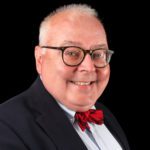
Scott Belliveau '83 Communications Officer - Executive Projects
The communications officer supports the strategy for all communications, including web content, public relations messages and collateral pieces in order to articulate and promote the mission of the VMI Alumni Agencies and promote philanthropy among varied constituencies.

